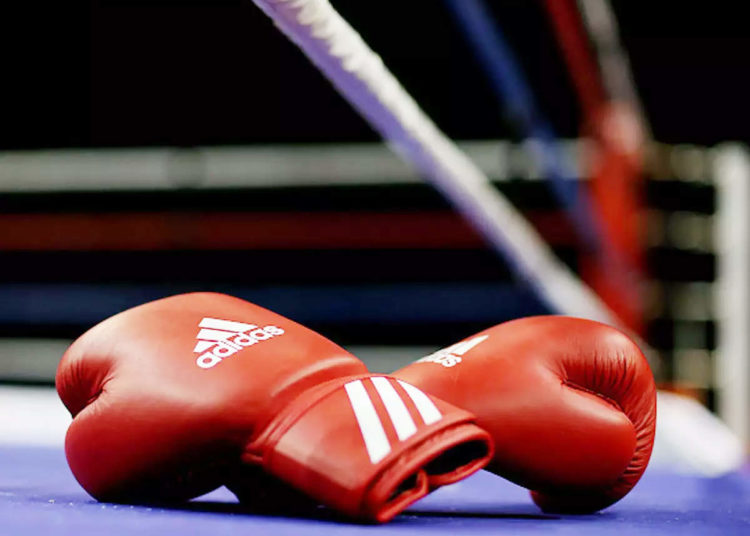Boxing is a historically significant and lucrative sport that has entertained and delighted audiences for over a century. Professional brawlers put their lives on the line in order to entertain the crowds. They are, nonetheless, fortunate in having large financial numbers. But who sets the pay-roll, and how does the sport function when such large sums of money are involved?
‘Purse Bids’ is an easy solution to this. But it’s not as straightforward as it appears. While bidding their value, promoters and management must adhere to a number of regulations. While boxing has become a worldwide sport, purse bids will always be a part of it. Here’s all you need to know about how it works.
What are Purse Bids in Boxing?
A purse bid is the first step in putting together a professional boxing match, and it involves the promoter of the fight / card (s). If the parties representing each fighter fail to agree on the amount of the purse (the total money awarded to the fighters for the match) before the deadline, all interested registered promoters may bid on it.
The winning entity must produce a modest fraction of the total amount up-front, by a particular date, in order to win. The boxers’ respective representatives negotiate how the purse will be split between them. One of the two boxers’ promoters frequently wins purse offers.
The purse bids, which involve both promoters and management, are the foundation of each professional boxing match. For one individual bout, the participants can bid their preferred amount of the purse. It’s the entire amount of money a fighter will receive for appearing in a fight.

The highest bidder wins the right to hold the fight under their banner, just like any other auction. Meanwhile, only to get the security holdings, the bidder must deliver a percentage of the whole money (usually 10%) within a deadline.
In championship bouts authorized by any of the sanctioning boxing bodies, however, the procedure is different (WBA, WBC, WBO, IBF). In such instances, both promoters are bound by a contract to resolve the fighters’ purse proposals.
If they fail, the regulating bodies have the option of handing the bout on to any other promoter willing to pay the appropriate fee. Purse bids are only possible if the promoters are unable to reach an agreement. If they do, there will be nowhere to bid on purses.
Purse bids and a few Additional Boxing Rules
A bidder can lower the price of the purse at any time, however this does not apply to the WBC sanctioning body’s fees. Because of the regulatory body’s role in advertising the bout, the promoters will be required to pay the same cost as the original payment.
Single purse offer bids, in which one promoter offers the purse, are common in boxing bouts. Unless the WBC considers the offer to be severely low, the promoters will have sole rights to stage the fight. In such instances, the governing body has the authority to take over the entire procedure for increasing the purse offerings.

The WBC President plays a crucial part in the entire process and has the last decision on whether or not a match is being held in accordance with the governing body’s rules. They have the authority to resolve any purse bids that do not comply with the ethical norms, and they will strip the promoter of all rights.
While the complexities of financial difficulties continue to expand, this is the basic structure of how a purse bid works in professional boxing matches and under the rules of some regulatory organizations. It’s no surprise that it’s an essential part of the sport’s survival gear.














